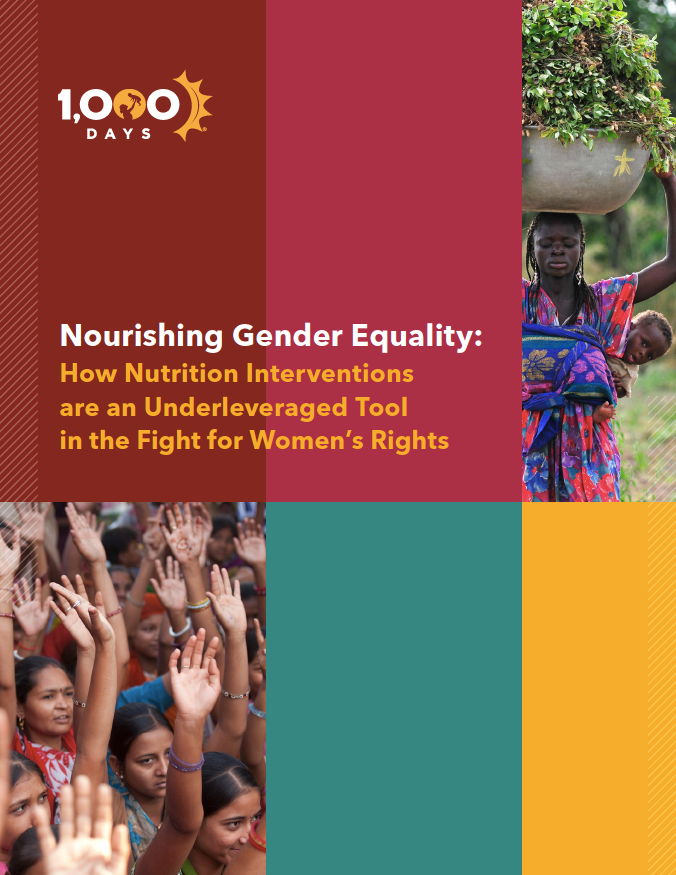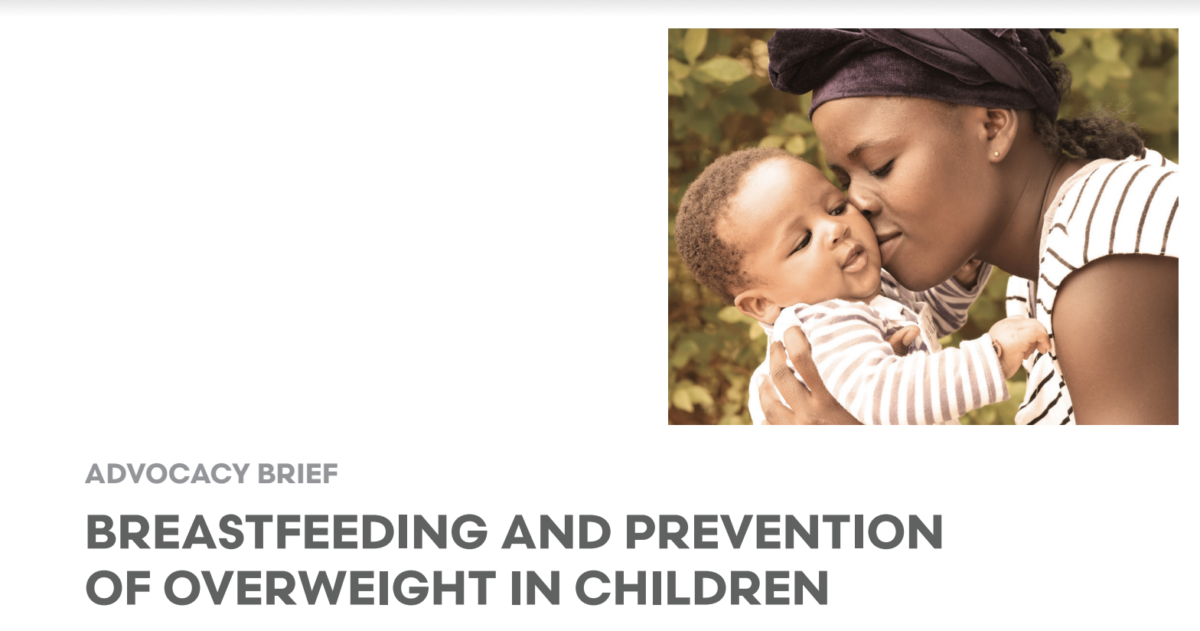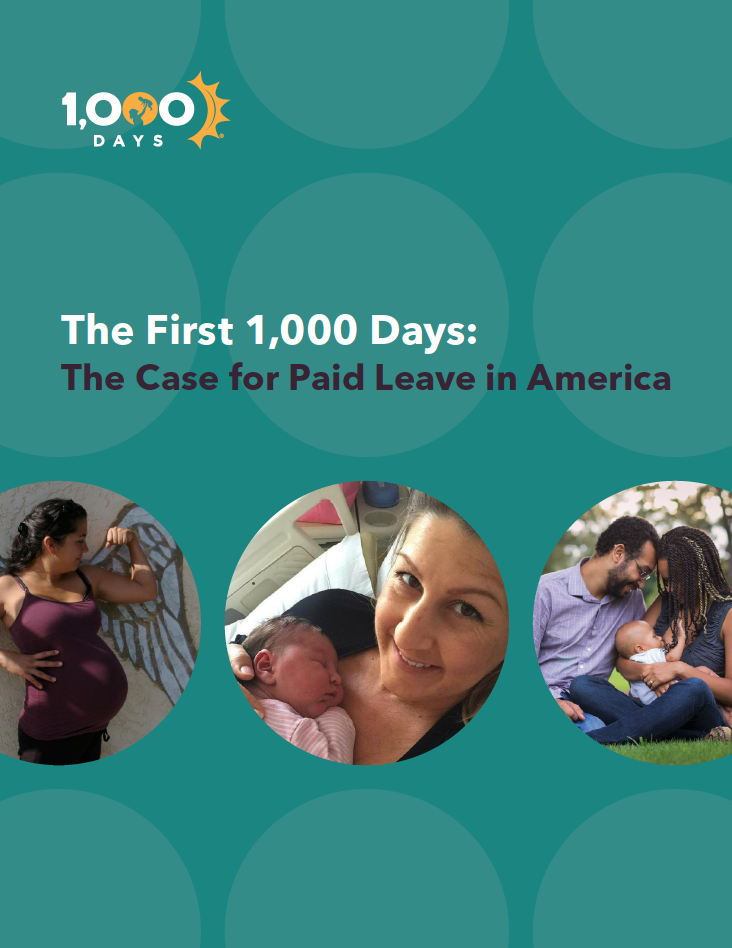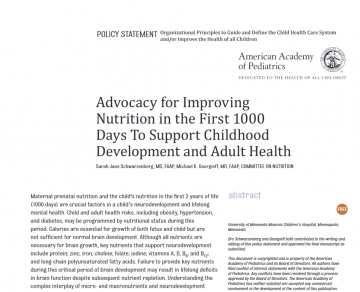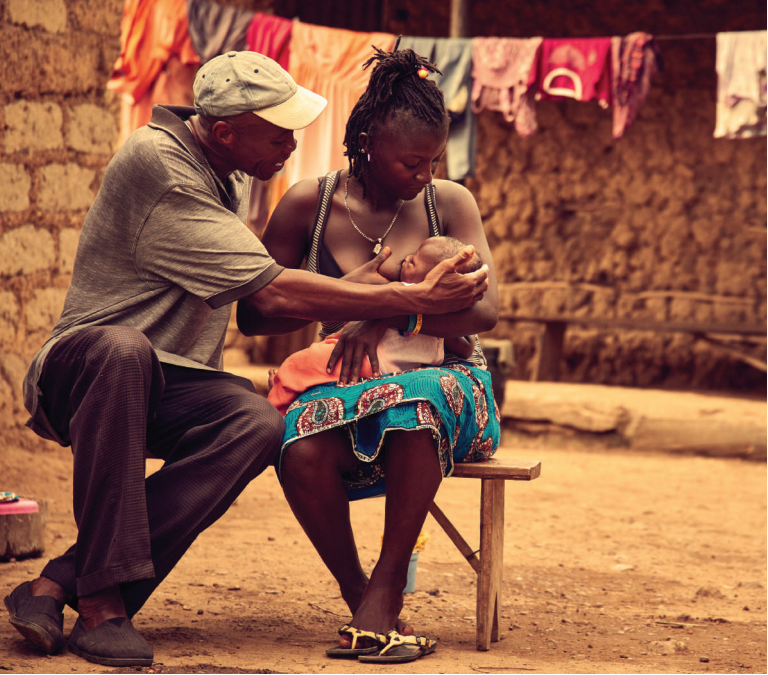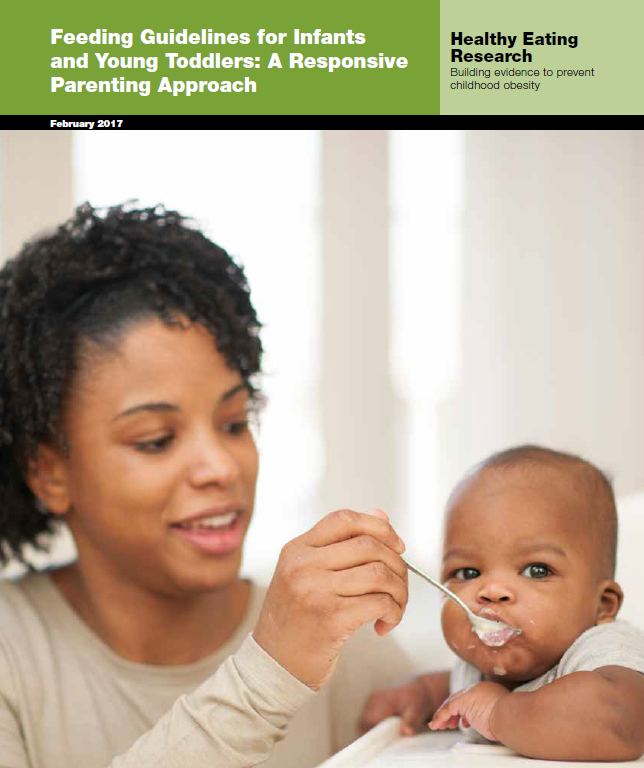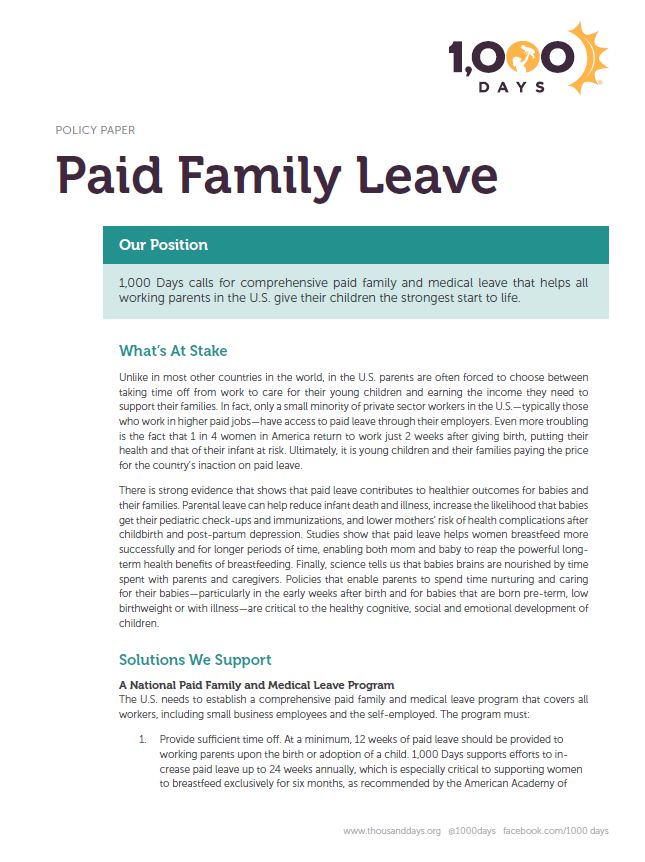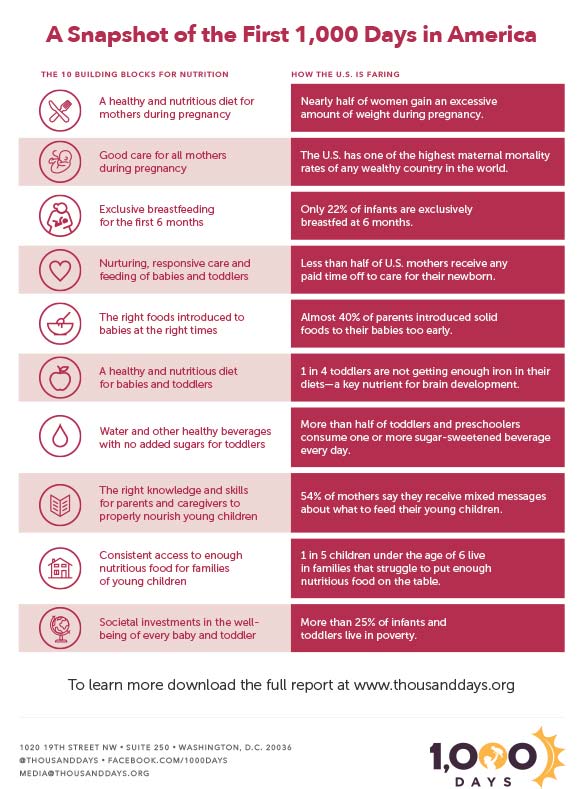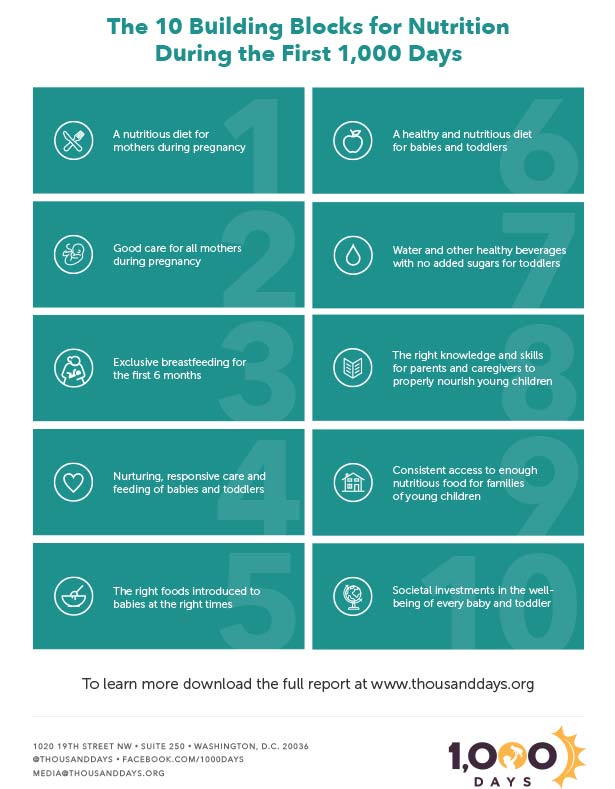Nourishing Gender Equality: How Nutrition Interventions are an Underleveraged Tool in the Fight for Women’s Rights
The nutrition and women’s empowerment sectors are mutually reinforcing, and it is time to link them more intentionally. Nutrition interventions are critical to making concrete, cost-effective, and long-lasting improvements to the status of women and girls around the world.
There are three specific areas where a more intentional focus on nutrition offers advantages for women and girls in their fight for gender equality:
- From even before a girl is born, good nutrition is a crucial component in supporting her lifelong right to Health and Survival, allowing women to live longer, better lives.
- By boosting individual workforce participation and earning potential, good nutrition has a proven positive impact on women’s full and equal Economic Participation and Opportunity.
- Access to good nutrition allows girls’ brains to develop fully and impacts how well women and girls can perform in school. It also secures their right to equal Educational Attainment with men and boys.

